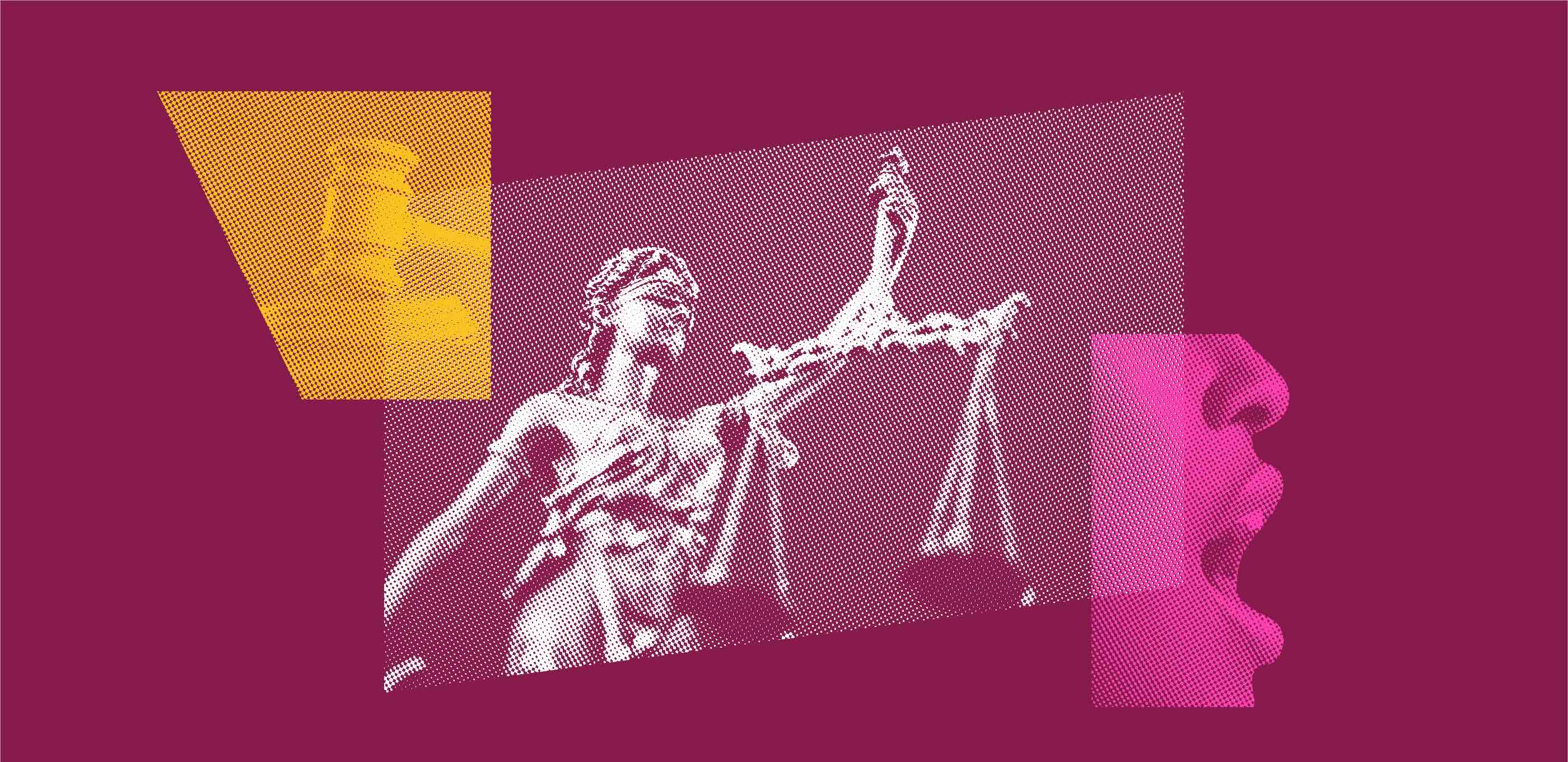
State v Malecha
What's at Stake
In this case, the Minnesota Supreme Court is considering the scope of a crucial doctrine that protects criminal defendants from being convicted based on evidence obtained in violation of their constitutional rights. Under both the U.S. and Minnesota Constitutions, courts apply an “exclusionary rule” that allows criminal defendants to seek the exclusion of evidence obtained in violation of their rights. For nearly 40 years, the U.S. Supreme Court has chipped away at the exclusionary rule by adopting and expanding the “good faith exception,” a doctrine providing that in some situations courts need not exclude evidence obtained in violation of the Constitution. In this case, officers acquired evidence after arresting someone based on a warrant that was listed as valid due to a recordkeeping error, but which in fact should have been recalled. In July 2023, together with other ACLU attorneys and partners, the SSCI submitted an amicus brief to the Minnesota Supreme Court asking it to hold as a matter of state constitutional law that the exclusionary rule applies to this situation, and that the good-faith exception does not apply. In March 2024, the Court ruled in the ACLU's favor, stating that the district court did not err in finding that the defendant's arrest warrant had been quashed before her arrest and the good-faith exception did not apply.
Summary
Both the United States and the Minnesota Constitution protect the rights of residents to be free from unlawful searches and seizures. Criminal defendants can seek enforcement of these rights through the exclusionary rule, under which evidence obtained in violation of the constitution is excluded from criminal cases. The U.S. Supreme Court has, over the course of the past forty years, increasingly applied the good faith exception to the exclusionary rule, under which federal courts will not exclude certain evidence obtained in violation of the constitution if the officers who violated the constitution acted in good faith. But Minnesota courts have applied a narrower version of the good-faith exception, and thus a broader version of the exclusionary rule.
In March 2021, the defendant in State v. Malecha was arrested on a bench warrant that had previously been issued by a court, and during a search incident to that arrest the police discovered methamphetamine. She was then charged with four felony counts of controlled substance crime. But the trial court presiding over that felony case suppressed the evidence. The court found that the bench warrant had actually been quashed by another court, and thus it should not have been active when the defendant was arrested. The court found that the warrant still showed as active on recordkeeping systems because court administrators had failed to inform jail officials that the warrant had been quashed. Thus, although the police officers who arrested the defendant may have been acting in good faith, the defendant’s arrest was unconstitutional because there was no valid warrant for it.
The state appealed, and in March 2023, the Court of Appeals agreed with the state that the good-faith exception applied, and the evidence should not be suppressed. The Minnesota Supreme Court then agreed to take the case.
Together with the law firm Perkins Coie, LLP, and other partners, the ACLU submitted an amicus brief arguing that, in applying the Minnesota Constitution, the Minnesota Supreme Court should hold that the exclusionary rule applies and that the good-faith exception does not. The brief argues that the exclusionary rule provides government actors (including judicial officers) with incentive to make the warrant process work correctly; that state constitutions provide broader protections than the U.S. Constitution; and that the exclusionary rule serves important purposes like ensuring a remedy for constitutional violations and preserving judicial integrity.
Legal Documents
-
Minnesota Supreme Court -
07/07/2023
Amici Curiae Brief of the ACLU & ACLU of Minnesota -
03/06/2024
Opinion of the Minnesota Supreme Court
Date Filed: 07/07/2023
Affiliate: Minnesota
Download DocumentDate Filed: 03/06/2024
Affiliate: Minnesota
Download Document